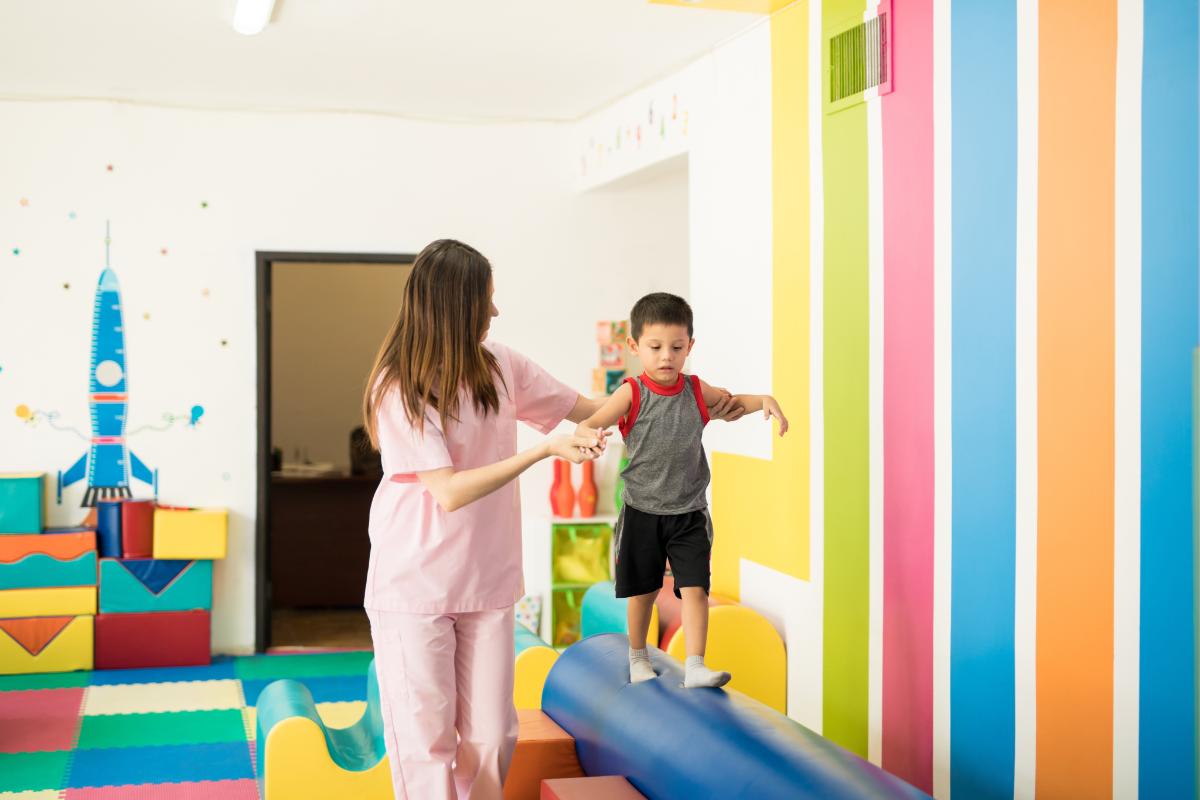Childhood is often painted as a time of innocence and joy. However, for some children, it can be marred by traumatic experiences that leave lasting emotional scars. As a parent, guardian, or caregiver, it’s heart-wrenching to see a child suffer, especially when they struggle to express their feelings. The good news is that there are therapeutic approaches designed to help children overcome trauma. One such approach is play therapy. Grace Counseling has developed a holistic approach that integrates play, art, and movement to help children heal. Contact us at 844.564.0712 to learn how our play therapy helps children heal from trauma.
What Is Unresolved Child Trauma?
Trauma in children can arise from various sources, including physical or emotional abuse, witnessing violence, natural disasters, or the sudden loss of a loved one. When trauma remains unresolved, it can manifest in various ways, such as behavioral problems, academic struggles, withdrawal, nightmares, and even physical symptoms. Children might not always verbalize their feelings, but their behaviors often reflect the deep-seated effects of unresolved child trauma and their internal struggles.
Can Play Therapy Help Children Overcome Trauma?
Play therapy is a therapeutic approach specifically designed for children. It uses play, a natural activity for children, as a medium for expressing feelings, exploring relationships, and self-understanding. Through play, children can recreate traumatic events, which allows them to process their emotions in a safe and controlled environment.
The therapist observes the child’s play patterns, identifies themes or patterns, and then gently guides the child toward understanding and resolution. Over time, play therapy can help children develop coping mechanisms, improve self-esteem, and foster resilience.
Trauma-Focused Play Therapy Activities
Trauma-focused play therapy integrates the principles of trauma treatment into the therapeutic play environment. The goal is to provide children with a safe space to process traumatic events and develop coping mechanisms. Some of the trauma-focused play therapy activities include:
- Sand tray therapy – This involves a sandbox and miniature figures, allowing children to create scenes or stories. The therapist can gain insights into the child’s inner world and traumatic experiences by observing and discussing these scenes. The tactile nature of the sand can also be soothing for many children.
- Art therapy – Drawing, painting, and crafting can be therapeutic outlets for children. Art allows them to express emotions that might be too difficult to verbalize. A therapist can guide the child through the creation process, helping them explore and understand their feelings.
- Storytelling – Children are encouraged to create or narrate stories, which can be based on their experiences or entirely fictional. This activity can help children make sense of their trauma, offering them a chance to rewrite or reframe their narrative.
Play therapy can indeed be a powerful tool in helping children overcome trauma. It offers a unique approach that aligns with a child’s natural mode of expression. It can pave the way for healing and recovery.
How to Help a Child Cope with Trauma
Helping a child cope with trauma requires a multifaceted approach that prioritizes their emotional and physical well-being. If you suspect a child has experienced trauma, the first step is to consult professionals. You should contact professionals who specialize in child trauma and therapy. Their expertise will be invaluable in understanding how to help a child cope with trauma. They can guide you in providing the best care for the child.
Creating a safe environment is paramount. This doesn’t only mean ensuring physical safety but also fostering an emotionally supportive atmosphere. Removing any immediate threats and offering consistent care can help the child feel secure.
Active listening is another crucial aspect. Be present for the child and listen without judgment. Allowing them to share their feelings at their own pace can make a world of difference. It’s essential to remember that communication isn’t always verbal. Paying attention to the child’s non-verbal cues can provide insights into their emotional state.
Get Started With Our Activities for Trauma Therapy at Grace Counseling
Every child deserves a chance to heal and thrive. Dive deeper into the world of play therapy and discover how it can transform the lives of children living with trauma. Contact us today at 844.564.0712 to explore our comprehensive activities for trauma therapy.







